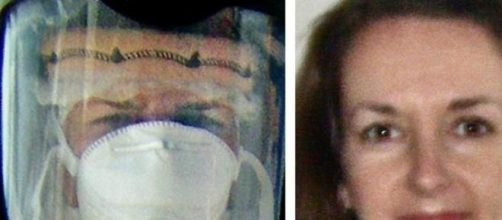The British nurse, Pauline Cafferkey, who contracted theEbola virus in Sierra Leone “is showing signs of improvement and is no longer criticallyill”, according to a statement from the Royal Free Hospital in London.
After several weeks in a critical condition, Ms Cafferkeyseems to be slowly recovering from the virus contracted in December duringher volunteer work with Save the Children at an Ebola Treatment Centre inSierra Leone.
Ms Cafferkey has been given an anti-viral experimental drug,ZMapp, and blood plasma infusions from virus survivor and fellow nurse, WilliamPolley.
He was the first patient diagnosed with Ebola in the UK and recovered afterbeing treated by the Royal Free Hospital London staff, last year.
Public Health England and Health ProtectionScotland have been conducting a comprehensive review of all the Ebolascreening procedures in the UK, after Ms Cafferkey was cleared to fly toGlasgow Airport, despite telling staff that she was feeling unwell. Upon arrivingat Heathrow Airport, her temperature was taken several times and with the testsshowing normal results, she was given permission to go home, in South Lanarkshire.The British volunteer nurse had just flown in from Morocco in a connectingflight from Sierra Leone.
Ms Cafferkey would, days later, report symptoms of Ebola toan NHS helpline and was taken into an isolation room at the Gartnavel Hospitalin Glasgow and later transferred to the Royal Free Hospital in North London, bya Royal Air Force Hercules plane on December, 30.
According to the Royal Free Hospital staff, Ms Cafferkeywill “remain in isolation as she continues receiving specialist care”, untilshe tests negative for the virus.
The World Health Organization (WHO) estimates that more than7,000 people have already died with Ebola and the number of people infected hasnow passed 20,000, mostly in Sierra Leone, Liberia and Guinea. The UnitedKingdom has committed an additional £92.5m to support West Africa eradicate thevirus, taking the UK’s total contribution to £325m. Public Health Englandclarifies however that “the overall risk of Ebola to the UK remains low”.

